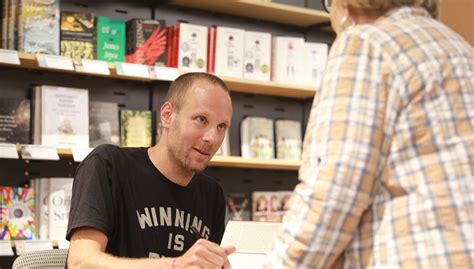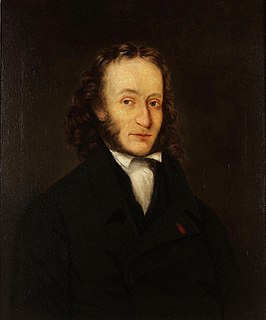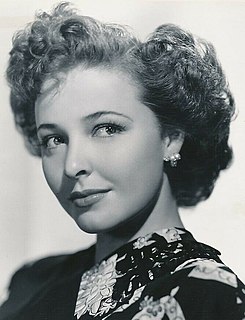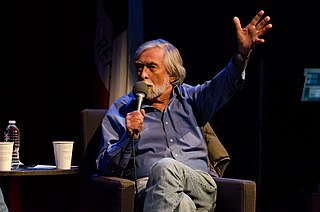A Quote by Russell Baker
A man writing a letter is a man in the act of thinking, and it was an exercise Reagan obviously enjoyed. After his first meeting with Gorbachev, for example, he sent a 'Dear Murph' letter about it to his old friend George Murphy, a former senator and actor who had once played Reagan's father in a film.
Related Quotes
I reached out to [Brett Favre] early on; sent him some of my books and a letter. Then I had two or three arranged times with him, and was blown off. Then I sent him another letter, and he sent me a text, explaining that he didn't wish to talk. I'm not mad - it's his right, obviously. Plus, his family members were amazingly open and cool.
Darling, You asked me to write you a letter, so I am writing you a letter. I do not know why I am writing you this letter, or what this letter is supposed to be about, but I am writing it nonetheless, because I love you very much and trust that you have some good purpose for having me write this letter. I hope that one day you will have the experience of doing something you do not understand for someone you love. Your father
One more item for the delusional Miss Grundys still obtusely citing Reagan as their model of “niceness”: As governor of California, Reagan gave student protesters at Berkeley the finger. Remember that next time you ask yourself: “What would Reagan do?” People who are afraid of ideas whitewash Reagan like they whitewash Jesus. Sorry to break it to you, but the Reagan era did not consist of eight years of Reagan joking about his naps.
On December 12, 1829, Paganini wrote his friend Germi: "The variations I've composed on the graceful Neapolitan ditty, 'Oh Mamma, Mama Cara,' outshine everything. I can't describe it!" He was writing from Karlsruhe, in the midst of his triumphal tour through Germany. That letter marks the earliest known mention of the variations that would become famous as "The Carnival of Venice." At the time of his letter, Paganini had already performed the piece in at least four concerts. From then on, it would be one of his most popular compositions.
An old Russian woman goes into Kremlin, gets an audience with Mikhail Gorbachev and says, In America anyone can go to the White House, walk up to Reagan's desk and say, 'I don't like the way you are running the country.' Gorbachev replied, You can do the same thing in the Soviet Union. You can go into the Kremlin, walk up to my desk and say 'I don't like the way Reagan is running his country.'
In a gesture to moderate Republicans, Reagan put Bush on his '80 ticket, and Bush recognized that the Reagan crowd was rapidly becoming an overwhelming majority in the party. So he adjusted his views, served Reagan loyally and spent much of his vice presidency using his stature to convince conservative leaders they could trust him.
Ronald Reagan makes me proud to be an American. His intelligence, capability, and Christian brotherhood are so inspiring and his way of leadership is just superb. I consider myself lucky to have been his leading lady in "The Bad Man" and a short subject reel and as a nation all together we are beyond fortunate to have the leadership of such fine people as the Reagan's.
Back in 1980, the conservative movement was all-in for Ronald Reagan. Once Reagan won, they all wanted to be on the team. It was a landslide. Everybody wants to bask in that glow. And then as the Reagan years began, then the Republicans, certain members of the party began to individually fall out and start talking about problems they had, secretly telling the media they thought Reagan was a dunce and a danger to world peace, adopting the Democrat line that Reagan's finger on the nuclear button couldn't be trusted.































